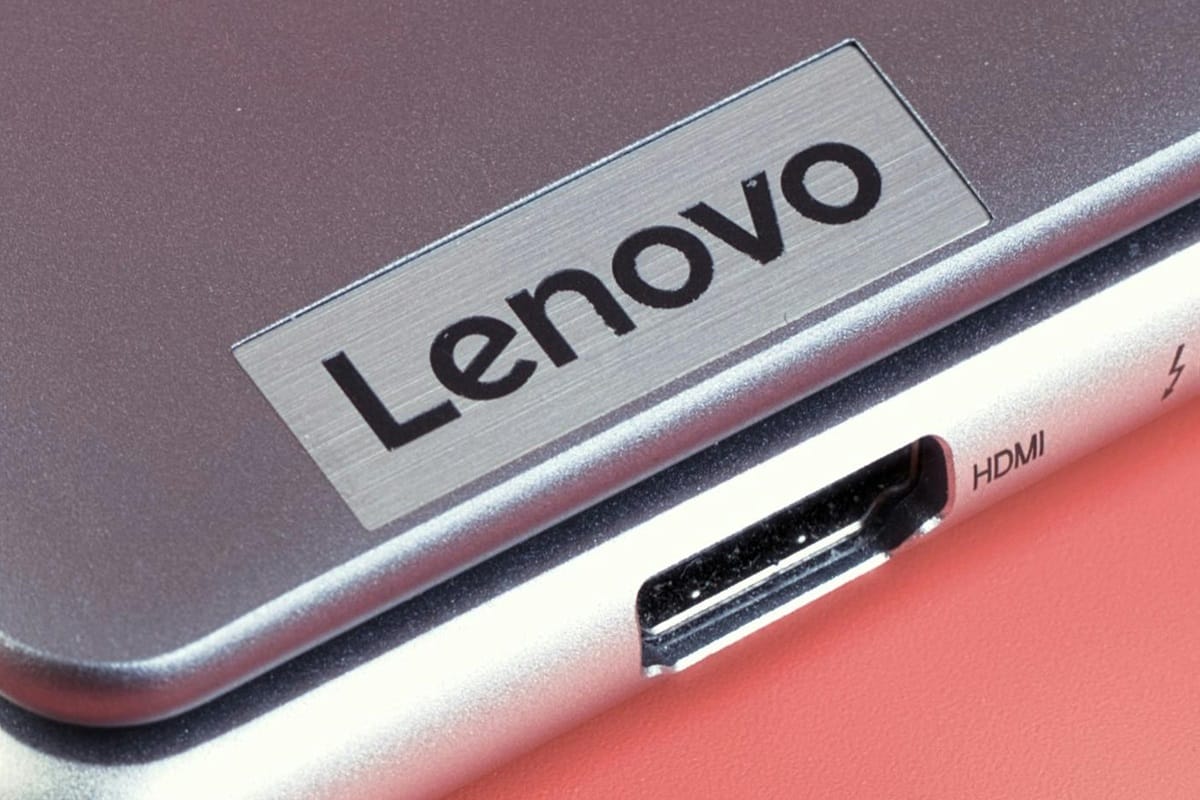Lenovo Group, one of the world’s largest manufacturers of personal computers, has partnered with Alibaba Group Holding, a giant in the sphere of Internet business, to create a series of products based on artificial intelligence.

Last Thursday, April 18, at the Tech World event in Shanghai, Lenovo announced that the new products will include personal computers equipped with semiconductors designed to perform AI tasks locally. The company also intends to develop some other devices based on artificial intelligence and enterprise intelligence solutions.
Lenovo has also implemented in-depth collaboration and joint innovations in the area of machine intelligence with Chinese enterprises and organizations. For example, the company cooperates with the Institute for Artificial Intelligence Industry Research at Tsinghua University in Beijing.
At an event in Shanghai, Lenovo presented special versions of its personal computer with machine intelligence. This product is called Yoga Book 9i. Chinese media reports that the mentioned personal computer is equipped with a personalized Lenovo Xiaotian artificial intelligence agent, supported by Alibaba’s Tongyi Qianwen large language model.
Currently, many companies are stepping up their efforts in the AI industry. Lenovo also follows this tendency, due to the peculiarities of the current stage of global technological development, in which artificial intelligence is the main driving force of progress. The company strives to integrate AI into its devices against the background of the maximum probability that the demand for products with digital thinking systems will be on a sustainable growth trajectory in the foreseeable future.
Yang Yuanqing, chairman of the board and CEO of Lenovo, said in Shanghai that the next stage of artificial intelligence development will see a transition from technological breakthroughs to practical application. He also noted the need to receive user feedback on the experience of interacting with AI-based apps, continue to improve relevant digital products, and introduce innovations.
It is expected that shortly personal computers with artificial intelligence will belong to the category of mass products. The research company IDC predicts that by 2027, in the Chinese market of corresponding devices, the share of PCs with AI will reach 85%.
Eddie Wu Yongming, Alibaba’s chief executive, also took part in the Shanghai event. Last December, he promised to focus the strategic attention of the mentioned e-commerce giant on two topics, including user interaction and artificial intelligence. It is worth noting that the tendency of increased competition is currently observed in the Chinese high-tech industry.
Lenovo cooperates not only with Alibaba. The company is also implementing partnerships with other major players in the e-commerce area to promote its products based on artificial intelligence. Lenovo has resumed cooperation with JD.com. As part of this partnership, the personal computer manufacturer intends to stimulate sales of new artificial intelligence-enabled devices in China to generate revenue worth 120 billion yuan ($16.6 billion) between 2024 and 2026. Lenovo plans to use online and offline channels JD.com to promote its own products.
The company is also stepping up efforts to gain professional users who need devices to perform tasks applying artificial intelligence technologies. Last month, the firm presented a series of workstations for industrial consumers, scientists, and developers. The mentioned stations were equipped with chips and software from Nvidia.
As we have reported earlier, Lenovo’s Bad Week Highlights Fear Over US Sanctions.









